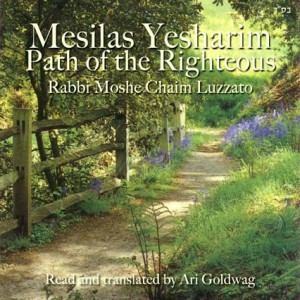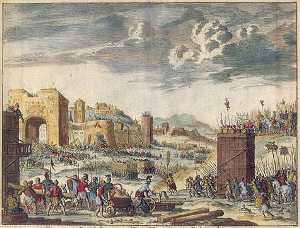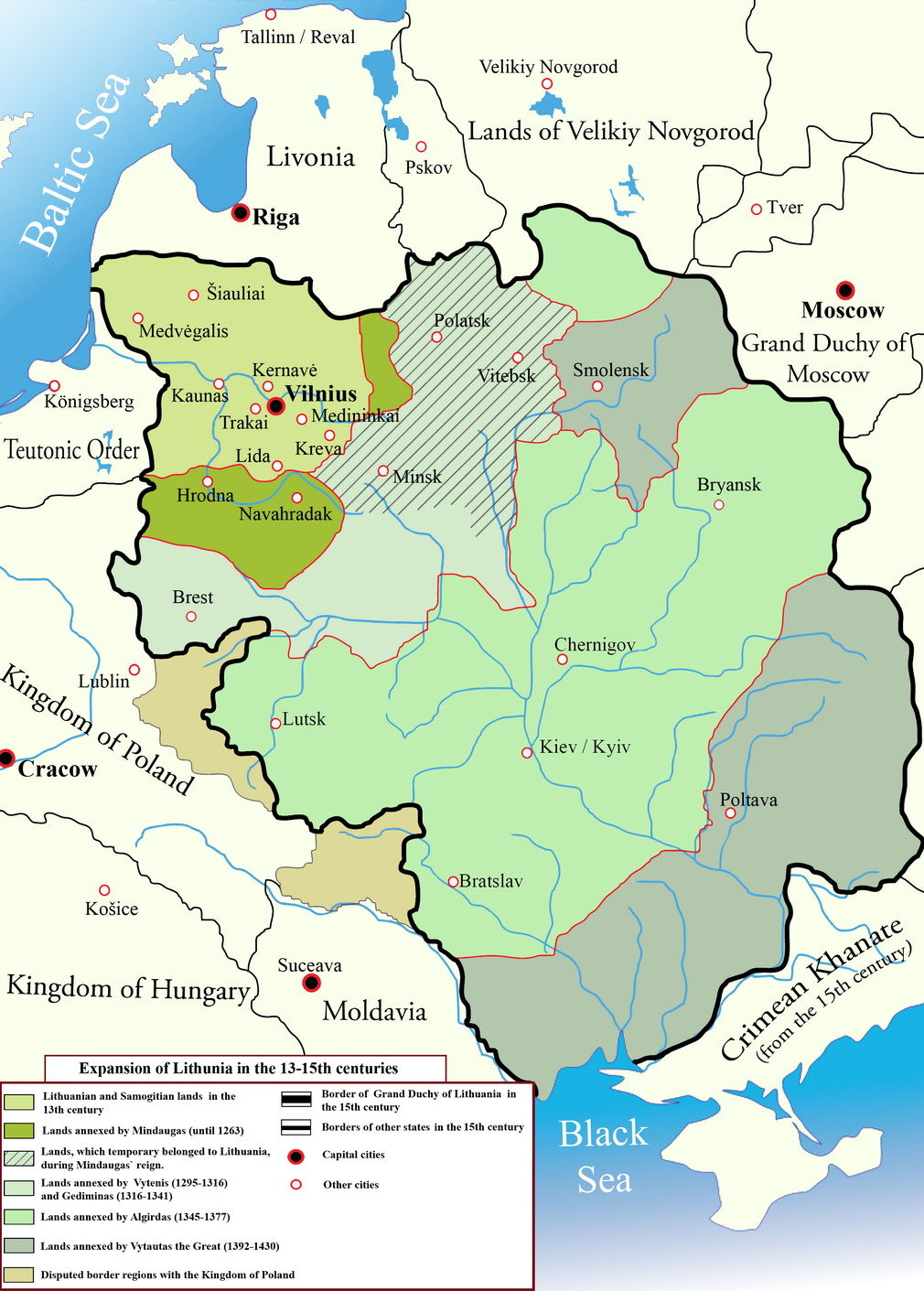
Rabbi Moshe Chaim Luzzatto was not only a first rate genius, but also a truly holy person. When he was yet a very young man, before his twentieth birthday, he already had a reputation in northern Italy as a great master of Kabbalah. In the early 1700s, he authored one of the premier works in all of rabbinic literature, Mesillas Yesharim (“The Path of the Righteous”). The book is based on a passage of the Talmud attributed to Rabbi Pinchas Ben Yair (Phinehas ben Jair), one of the great holy men of the Talmud. He was such a holy man, the Talmud says, that even his donkey was able to discern whether the hay it was given had been tithed or not.
In the Talmud (Avodah Zarah 20b), Rabbi Pinchas ben Yair is quoted as describing a series of ethical steps by which one can achieve the apex of saintliness: Ruach Hakodesh, “Divine Inspiration.” Rabbi Moshe Chaim Luzzatto’s book, Mesillas Yesharim, is based on that statement. In it, he expounds each of those steps.
Within each step, Rabbi Luzzatto explains the step itself, its elements, how it can be acquired, and what might distract from its acquisition. For example: Watchfulness can be acquired by setting aside time for introspection. Acquiring watchfulness can be impaired by excessive mundane responsibilities, wrong company or a cynical stance in life. The same pattern is used for each of the traits mentioned.
In his introduction, he makes one of the most famous statements in all of rabbinic literature: “I did not write this book to tell you that which you do not know. Rather, I am only putting it down in book form to remind you of that which you already know.” The book is therefore deceptive. At first glance, it looks very simple. But it is bursting with seminal ideas in philosophy and ethics.
The Gaon of Vilna lived a half century later and was a very young man when he read the book. He said that in the first ten chapters he did not find one extra word. In part due to this resounding approbation by the next generation’s undisputed leader, the book became widely popular, and became the primer on Jewish ethics when it was advocated by the Mussar Movement in the mid-1800s. Even today it is studied in most of the yeshivas in the world. A yeshiva student cannot consider his experience complete if he has not studied The Mesillas Yesharim.
Even though it is a very hard book to live up to, nevertheless it sets a code of human behavior and a truly Jewish value system and outlook on life. Jews tend to take on the coloration of the society in which they live, sometimes ingesting and displaying values that are not really Jewish – even though people are convinced that they are Jewish. “The Path of the Righteous” represents authentic Jewish ethics of the highest standard.









